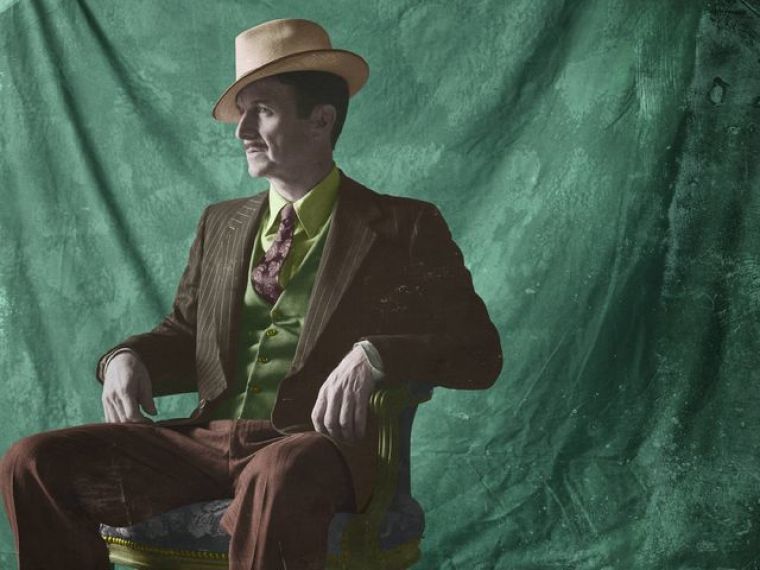

In addition to the widespread shock and grieving that has followed the fatal ending of Monday's siege, which occurred in Sydney's central business district (CBD), the role of social media and how the tool was used have been major discussion points across the world. While concerns have emerged, a large portion of the dialogue has praised the online community that was active on Monday, and the potential benefits that Internet activity can provide to law enforcement.
The Sydney siege was called "unique" by the U.S. edition of Reuters on Thursday, because of the real-time updates that were given by hostages that informed the developing picture that authorities were forming of the crisis situation. Video footage was even made available, as frightened hostages recorded YouTube videos that were subsequently flagged on Twitter.
However, live dissemination of information has also been identified as potentially dangerous by Australian terrorism expert Professor Greg Barton, who painted a possible scenario in which a tweet from a member of the public triggers an instant warning for a terrorist who is monitoring social media: "... somebody sending a tweet saying 'I've just seen a man in SWOT gear climb a ladder', the gunman could be hearing that in real time and making a response". Professor Barton added that Islamic State (IS) is "very, very good at getting" publicity, as the group is "intensely interested" in the media, and social media is an ideal tool for them.
Praise has also been given by experts, who were impressed at the self-censorship of the online community in relation to the messages that Man Haron Monis published on Facebook and YouTube. An anonymous source informed Reuters that "there were a good deal of people reporting posts and just refusing to pass things on". Stephen Dann, senior lecturer at the Australian National University (ANU), is one of the impressed: "I think the message for others trying the same tactic is that social media is more socially responsible than many had thought."
The social media companies, which have refused to speak to the media while an investigation continues, also played a major role. American terrorism authority Lawrence Husick said on Thursday that the overall lack of co-operation "definitely helped contribute ... to the isolation and futility of the hostage-taker". The editors at Bloomberg added that online activity by terrorists should not be taken down, as it should instead be a primary source of intelligence.
Although Professor Barton believes that IS has gotten "the whole world to pay attention for a 24-hour cycle" to their mission due to the siege, which he believes was inspired by their online publicity, the vast majority of media outlets, both Australian and international, have commended the #illridewithyou internet-based initiative. The ABC reported that, by the end of Tuesday, around 300,000 Australians had volunteered their support of Muslim people on public transport.